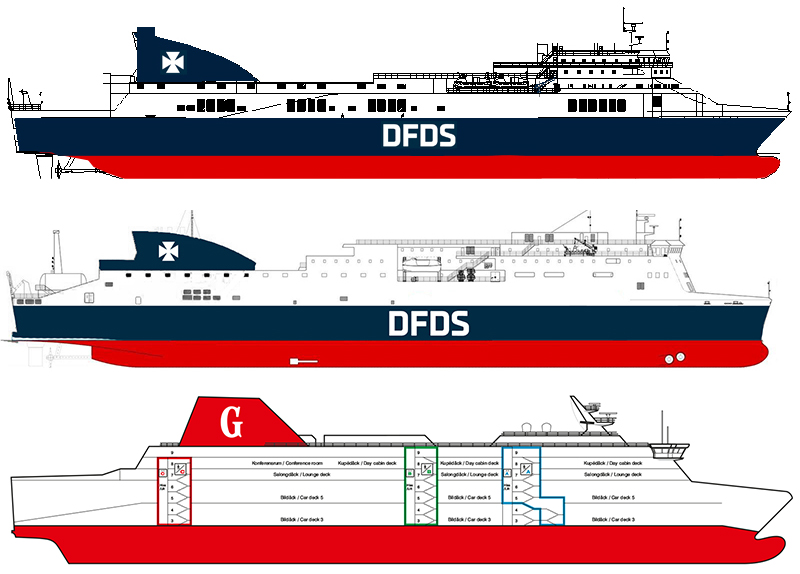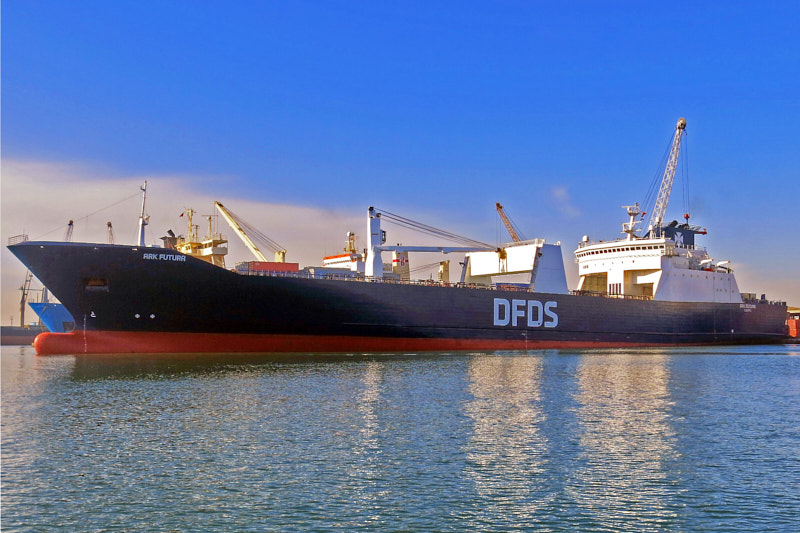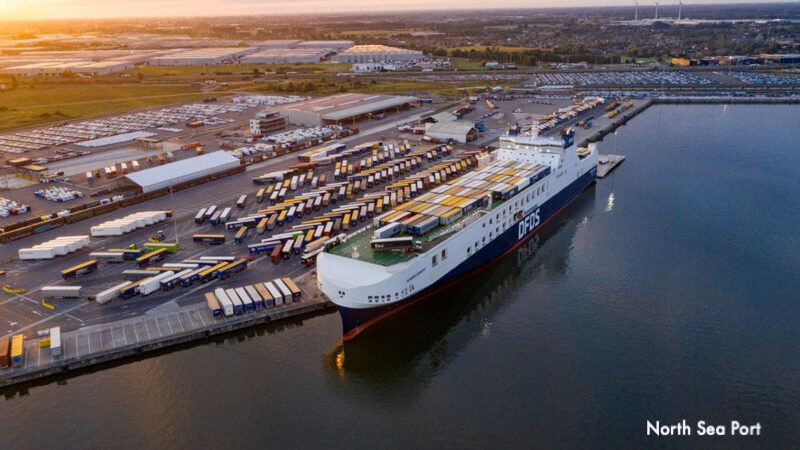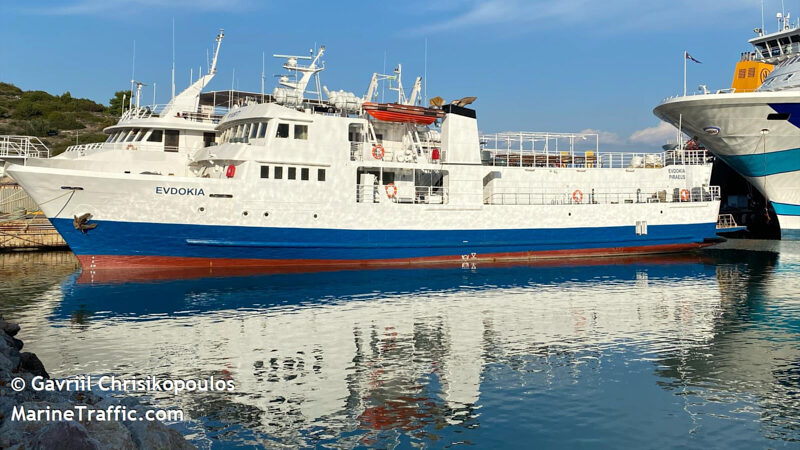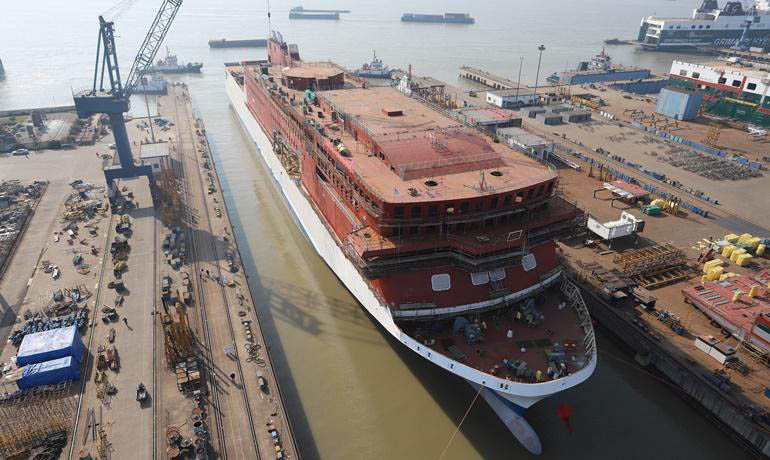DFDS December volume report: Freight up 28% boosted by stockbuilding ahead of brexit
- Freight lane metres (,000):
- December 3,594 (2,810) = +28%
- Full year 40,886 (41,280)= -1.0%
- Passenger (,000):
- December 78 (370)= -79.0%
- Full year 1,498 (5,116)= -70.7%
North Sea volumes were boosted by stockbuilding ahead of Brexit, especially on the routes between Netherlands and the UK but also between Sweden and the UK.
Volumes on the English Channel were likewise boosted by the stockbuilding.
Baltic Sea volumes were above 2019 adjusted for the closure of the Paldiski-Hanko route.
Mediterranean volumes were above 2019 driven by higher volumes on all main corridors.



